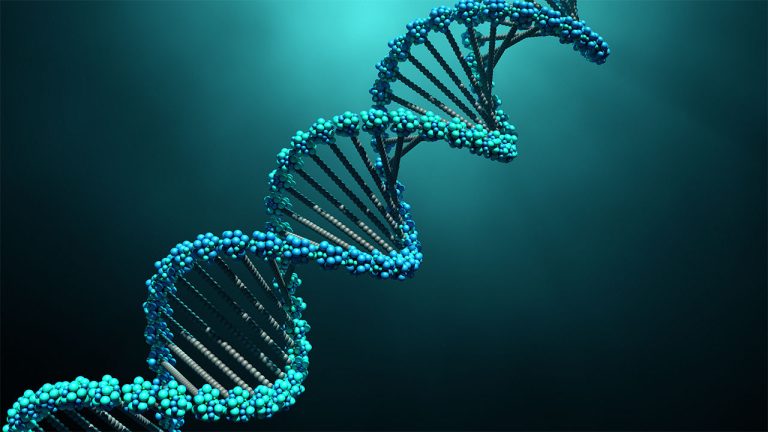A girl who has lived 8 years of her life with a very uncommon genetic brain disease that made her unable to talk or walk, got enrolled in a clinical trial whose results suggests the course of such inherited disorders can be altered by gene therapy, even after many years.
The patient had AADC deficiency, a disorder that prevents the brain from making dopamine and serotonin, which are important molecules that enable brain cells to communicate. Innocuous viruses carrying healthy copies of the AADC gene were injected by researchers into her brain so cells would make a missing enzyme. The patient—and six other children in the trial— within months, recovered the ability to generate dopamine, researchers report this week in Nature Communications. Many of the participants of the trials, as a result, can walk on their own—and talk with support—for the first time. The results also propose the brain has an unexpected capability to build new connections when a missing enzyme is reinstated.
Source: Science Magazine



